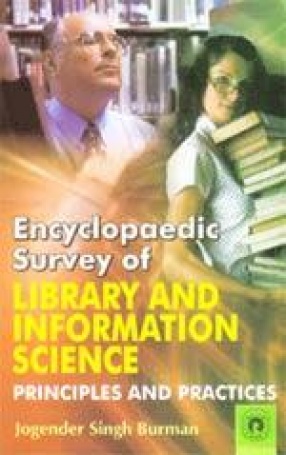
Showing all 6 books

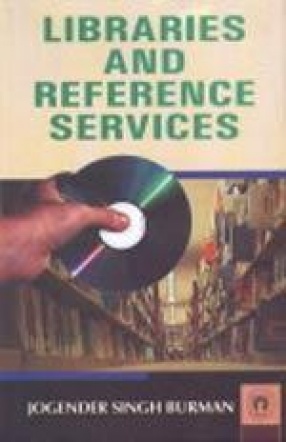
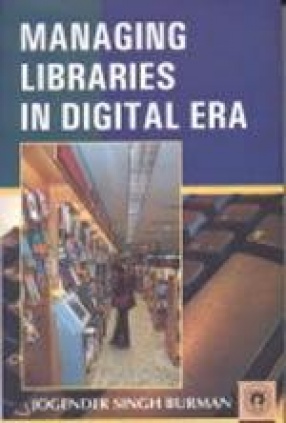
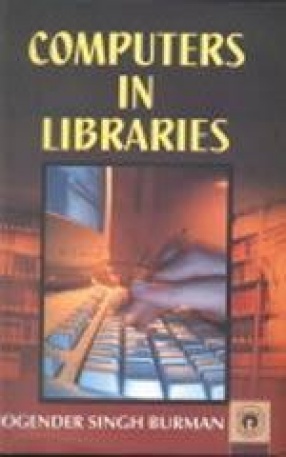

Libraries have always been amongst the most important providers of information in higher education. They have acted as storehouses of written or printed material, and it has been their job to collect it, preserve it, and make it accessible. These traditional media, and the role of libraries in making them available, will continue. The present work, in five volumes, contains judiciously selected readings derived from various authoritative sources which are all ...

It is remarkable to note that reference librarianship--the professional specialty that has reference service as its focus--had its origins in the second half of the nineteenth century, partially in response to one of that era's most important accomplishment: the spread of education. As more people were educated, educational institutions grew in size, and the size and complexity of libraries grew as well. At the same time, changes in educational practices required ...

Management in yore days was overburdened with paper work. The growth in number and variety of devices for business data processing e.g., accounting machines, punched card equipment, computers etc., is a direct result of the need for systems and procedures to handle the 'paper-work explosion'. The use of computers has introduced a new approach to systems and procedures called 'total management information systems'. Notably, the combination of modern communications ...

The present age is very aptly termed as information/knowledge age. Computers have revolutionised the work culture of modern day world. In the field of library profession, computers have made a big headway. The growth in number and variety of devices for business data processing e.g. accounting machines, punched card,. equipment, computers etc., is a direct result of the need for systems and procedures to handle the 'paperwork explosion'. The use of computers has ...

As per the dictionary meaning a 'Catalogue' is a complete, usually alphabetical list of items, often with details. In case of libraries, catalogue is a list of all the books or resources of a library. Every library professional and student must be aware of fundamental principles. Though in the digital age cataloguing has become on-line, yet the procedures are same. A brief and authentic account of the same is presented here. In libraries the principal index or ...
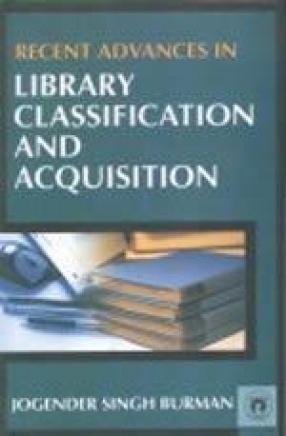
Human beings seem to have an innate need to organise. The need to organise large amounts of knowledge and information led to the development of classifications schemes and other organisational tools. Rapid changes in the way information is generated and accessed lead to changes in the way information is organised for retrieval. The first edition of the Dewey Classification (DDC) was published in 1876 when knowledge was expanding at a fast rate and the public ...
